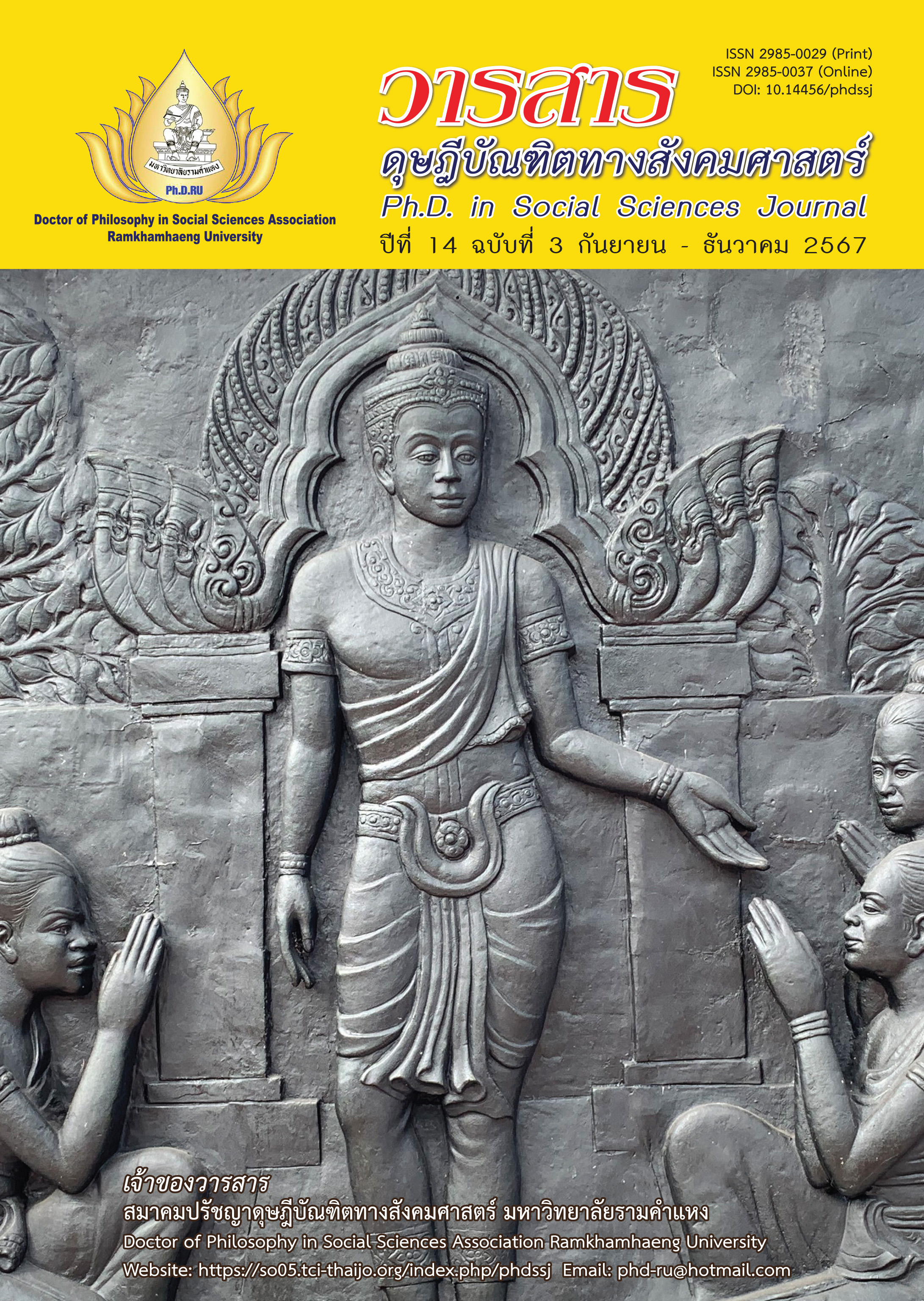Research and Development Tax Incentives in Thailand Under Global Anti-Base Erosion (GloBE) Rules
Main Article Content
Abstract
This academic article aims to analyze the impacts on research and development (R&D) tax incentives in Thailand from the implementation of the Global Anti-Base Erosion (GloBE) Rules and gives suggestions to recalibrate R&D tax incentives that are compliant with the GloBE Rules. Including the concepts of investment promotion under the Investment Promotion Act and the Revenue Code, along with the principles of the GloBE Rules, as a framework for analysis.
Findings are as follows: the extent to which the GloBE Rules will affect tax incentives largely depends on their scope, types, and requirements. (1) Tax incentives that are not targeted at large multinational enterprises will be unaffected. (2) Tax incentives that give benefits in the form of tax holidays, reduced tax rates, income exclusion, and increment of tax allowances deduction are likely to be strongly impacted, while tax incentives that allow accelerated depreciation will be less affected. (3) Tax incentives’ requirements that induce investment in labor intensive payments and tangible assets will be less affected. It is suggested that tax incentives should be reformed to give Qualified Refundable Tax Credits (QRTC) or Marketable Transferable Tax Credits (MTTC) and be designated to encourage a higher level of labor-intensive or tangible-intensive investment.
Article Details

This work is licensed under a Creative Commons Attribution-NonCommercial-NoDerivatives 4.0 International License.
Academic articles, research articles, and book reviews in the Ph.D. in Social Sciences Journal are author’s opinions, and not the publisher’s, and is not the responsibility of the Ph.D. in Social Sciences Journal Philosophy Association, Ramkhamhaeng University. (In the case that research is done on human, the researcher has to be trained in Ethics for Doing Research on Human Training and has to produce the evidence of the training).
References
De Lillo, F. (2021). Introducing pillar two: Towards a global minimum effective tax rate. In A. Perdelwitz & A. Turina (Eds.), Global minimum taxation?: An analysis of the Global Anti-Base Erosion initiative (pp. 3-30). International Bureau of Fiscal Documentation.
Hugger, F., Cabral, A. C. G., Bucci, M., Gesualdo, M., & O’Reilly, P. (2024). The global minimum tax and the taxation of MNE profit. Organisation for Economic Co-operation and Development.
Insee, K., & Suttipun, M. (2023). R&D spending, competitive advantage, and firm performance in Thailand. Cogent Business & Management, 10(2), 2225831.
Liotti, B. F., Ndubai, J. W., Wamuyu, R., Lazarov, I., & Owens, J. (2022). The treatment of tax incentives under pillar two. Transnational Corporations, 29(2), 25-46.
Organisation for Economic Co-operation and Development. (2021). Tax challenges arising from the digitalisation of the economy–Global Anti-Base Erosion model rules (pillar two): Inclusive framework on BEPS, OECD/G20 Base erosion and profit shifting project. Author.
Organisation for Economic Co-operation and Development. (2022). Tax incentives and the global minimum corporate tax: Reconsidering tax incentives after the GloBE rules. Author.
Organisation for Economic Co-operation and Development. (2024). Effective tax rates for R&D. Retrieved from https://stats.oecd.org/Index.aspx?DataSetCode=RD_TAX
Saragih, J. G. (2023). Adapting Indonesia’s tax incentive strategy in the post pillar two era. Journal of Tax Policy, Economics, and Accounting, 1(2), 136-149.
Tangboriboonrat, C. (2021). Global tax reform agreements in the digital economy era. Sanpakornsarn, 68(9), 14-25. [In Thai]


